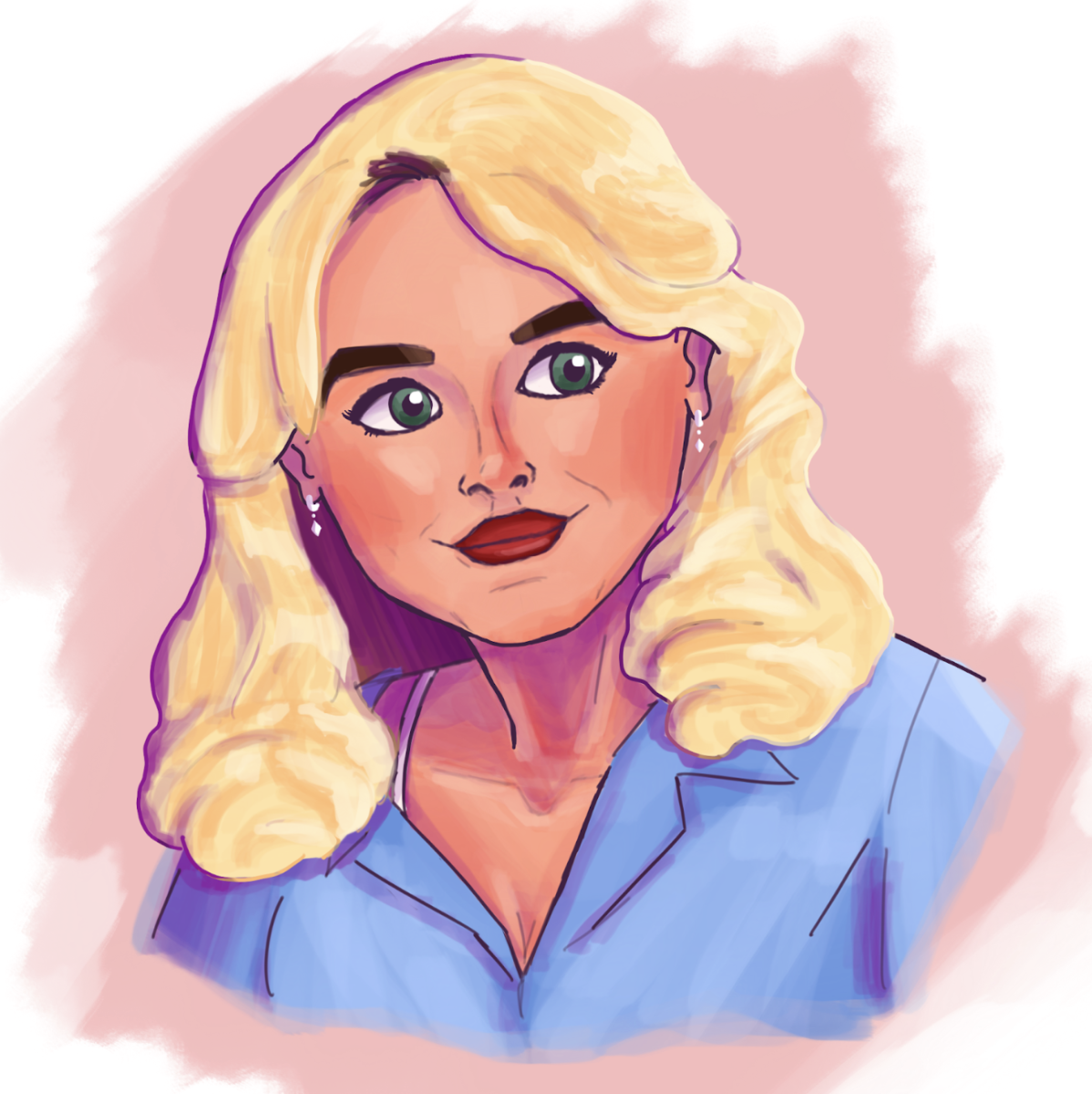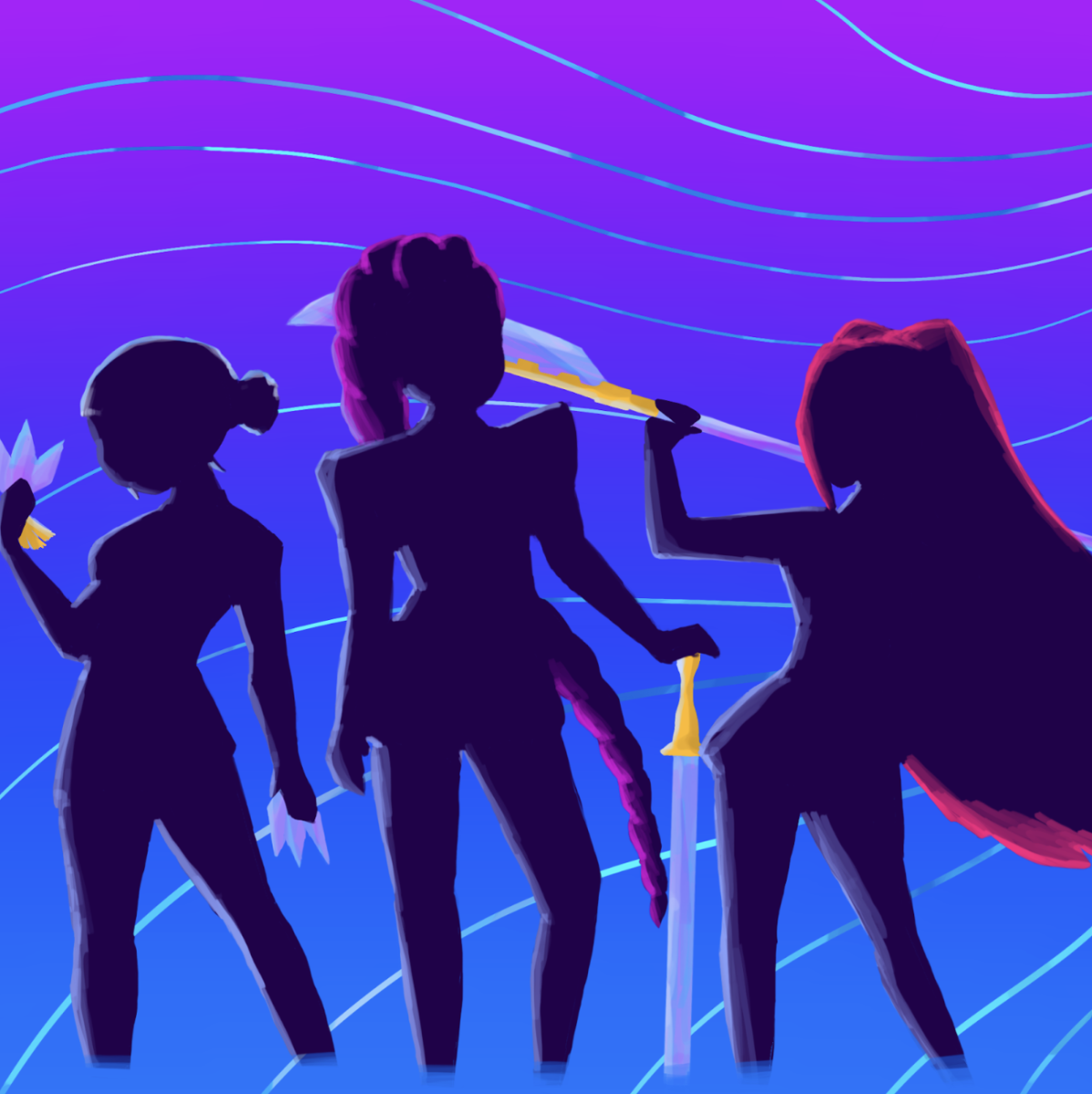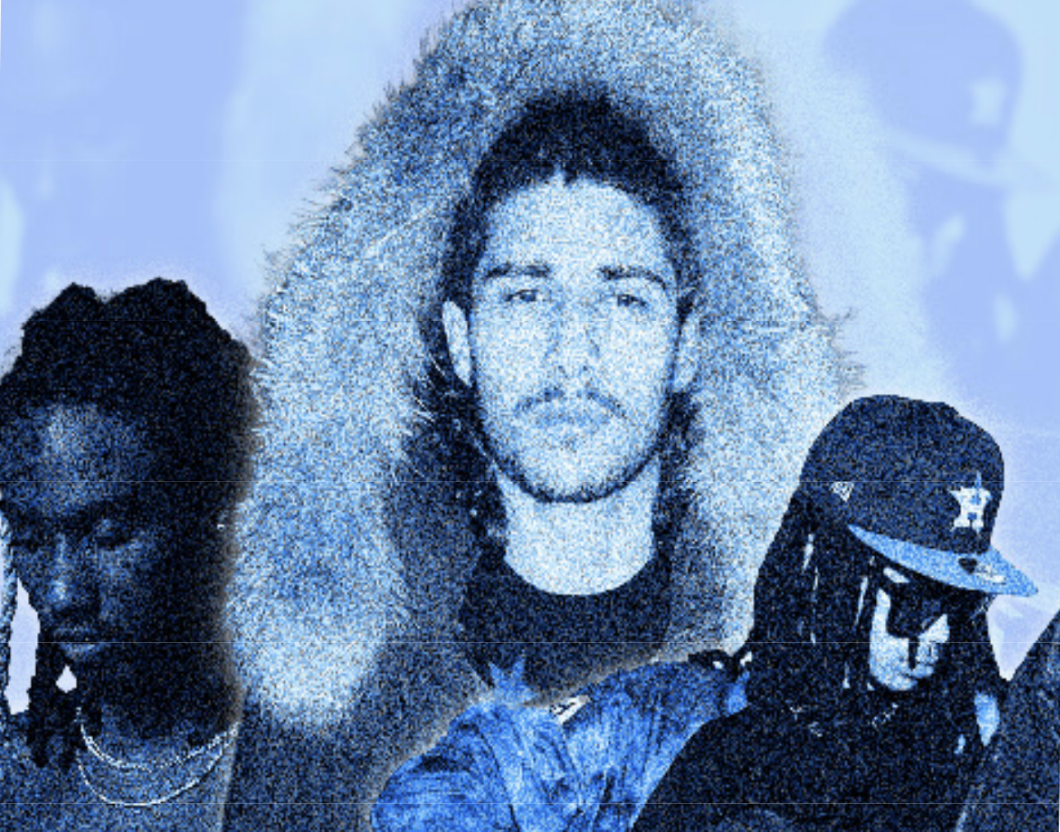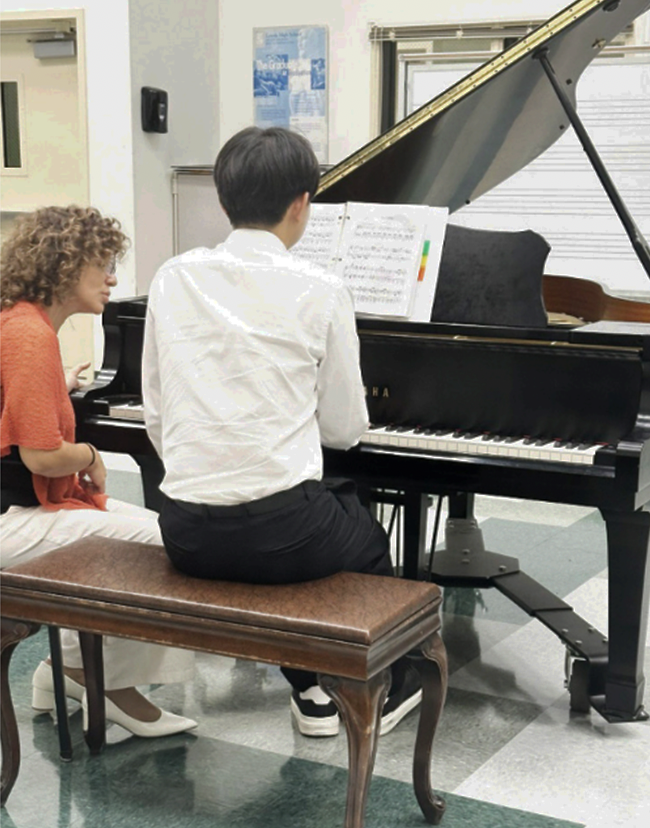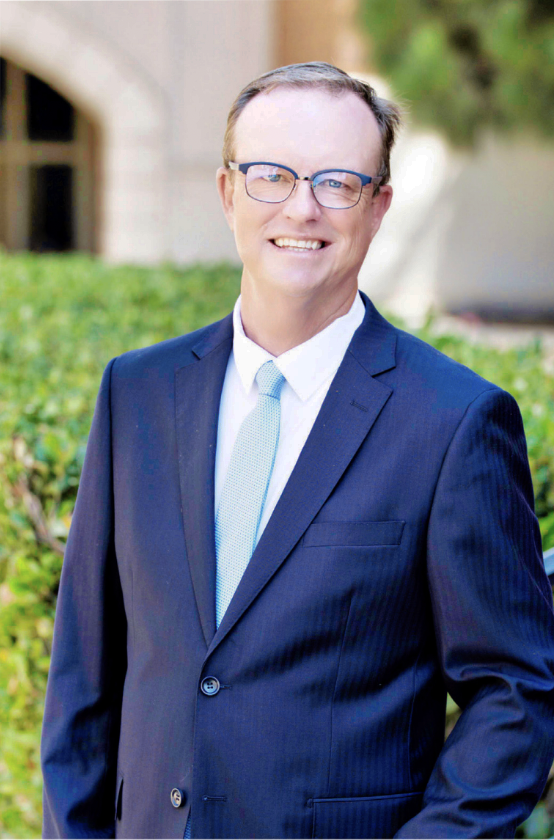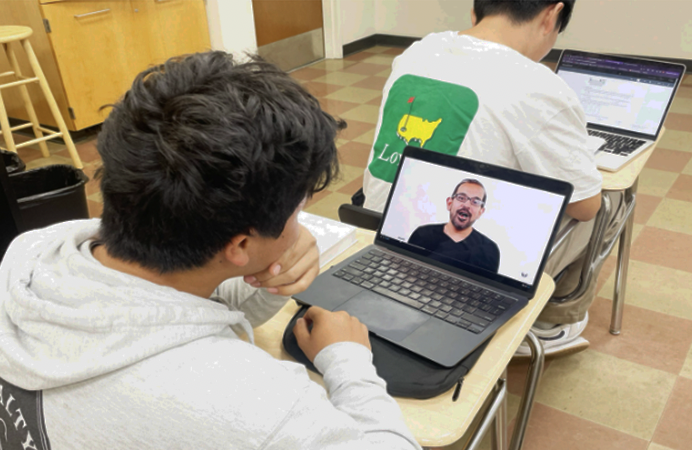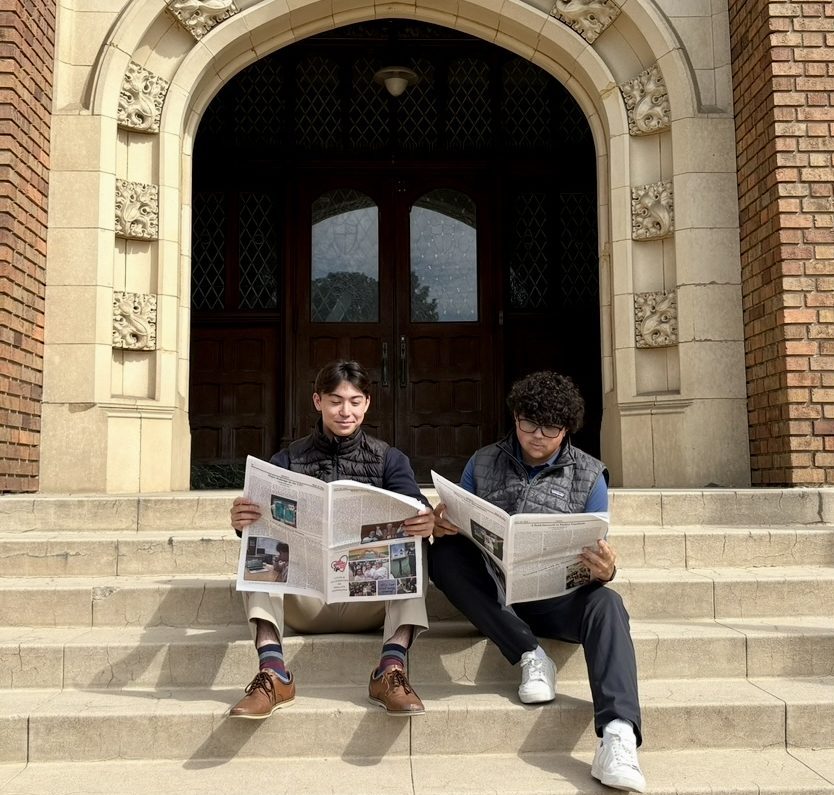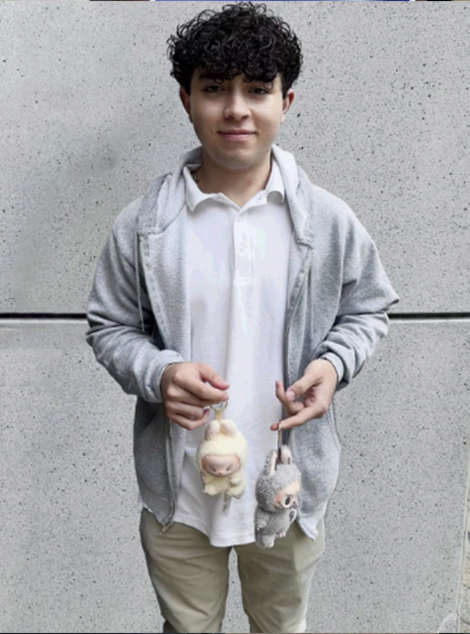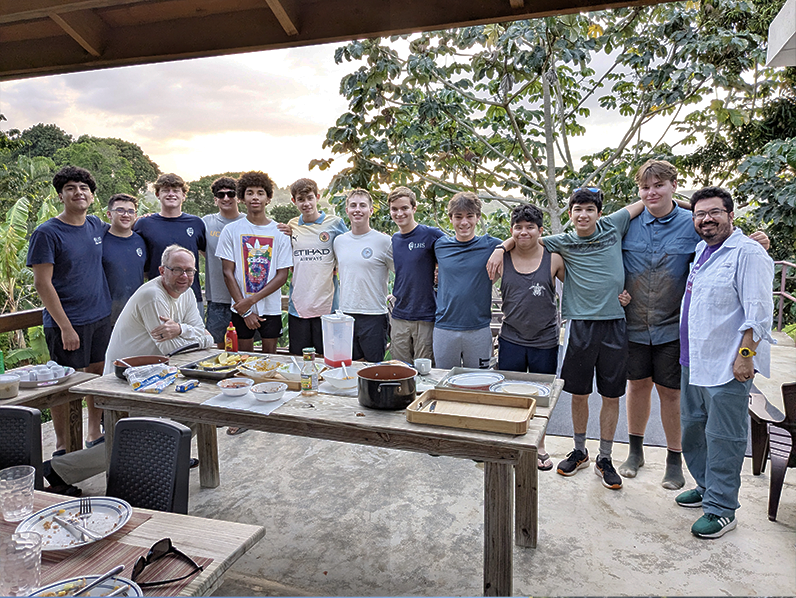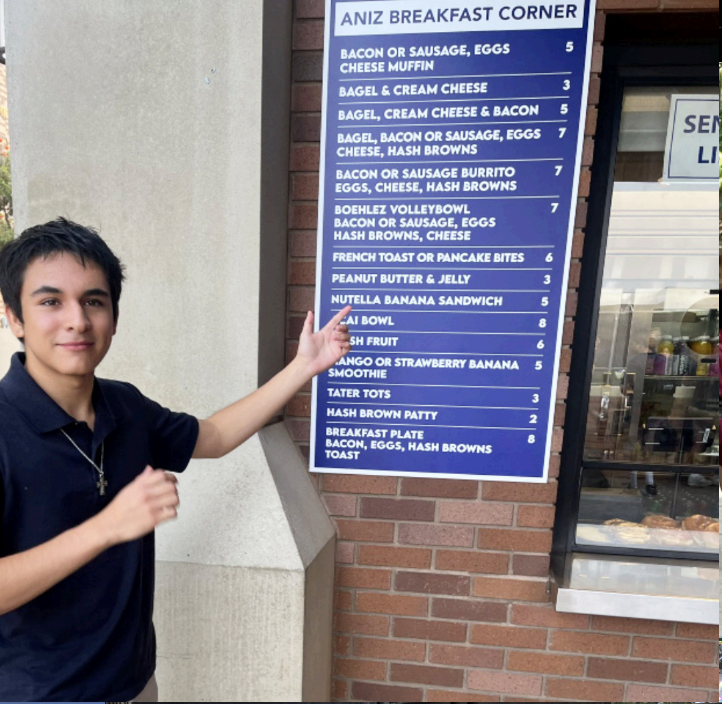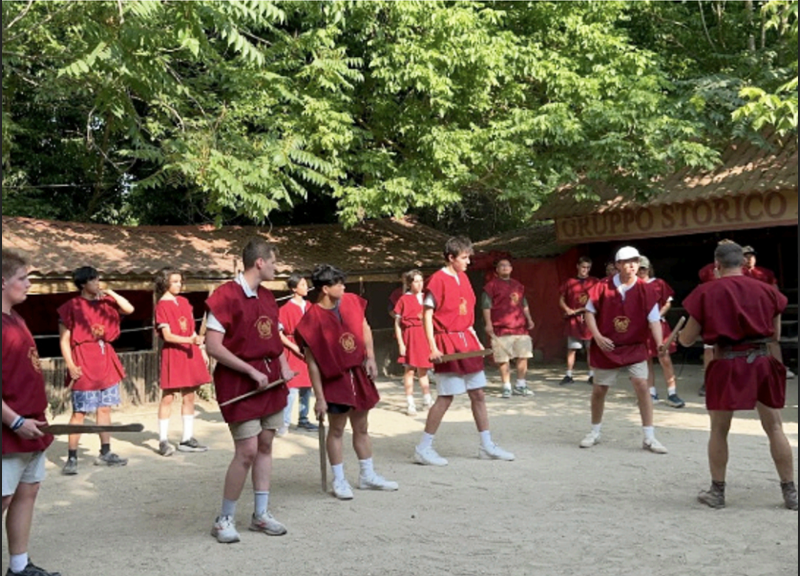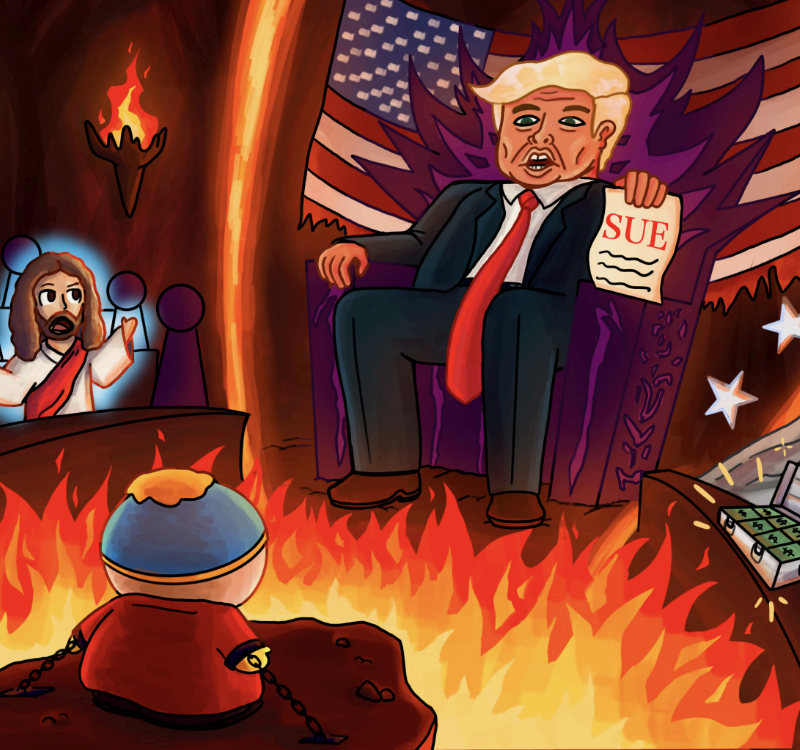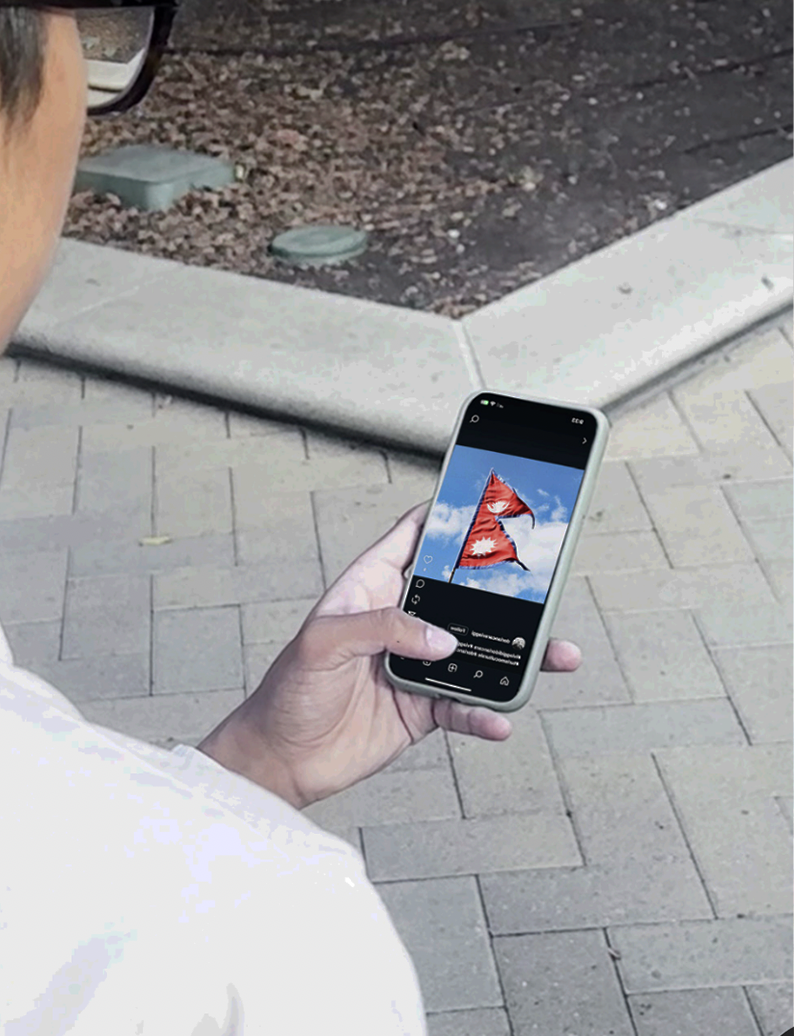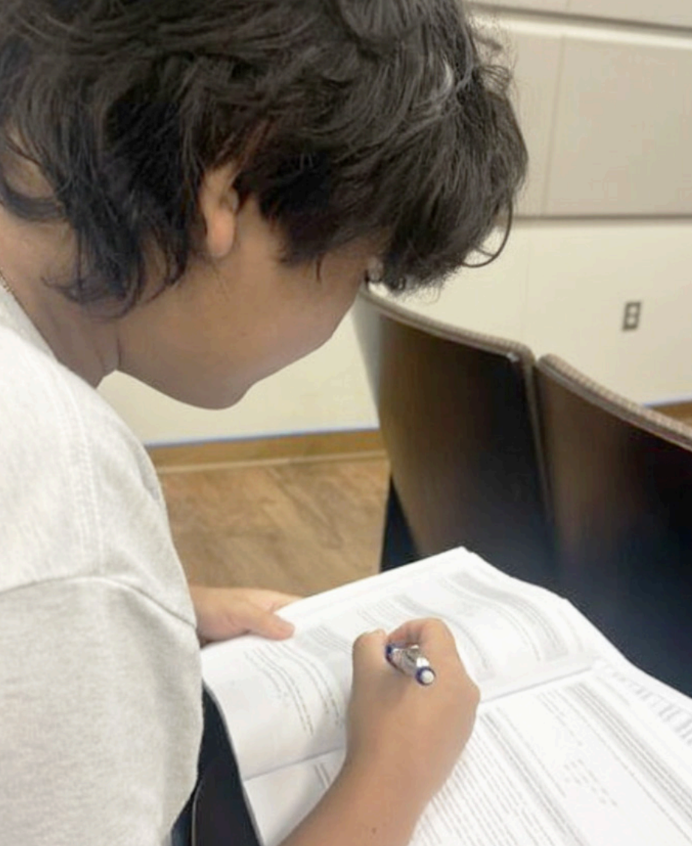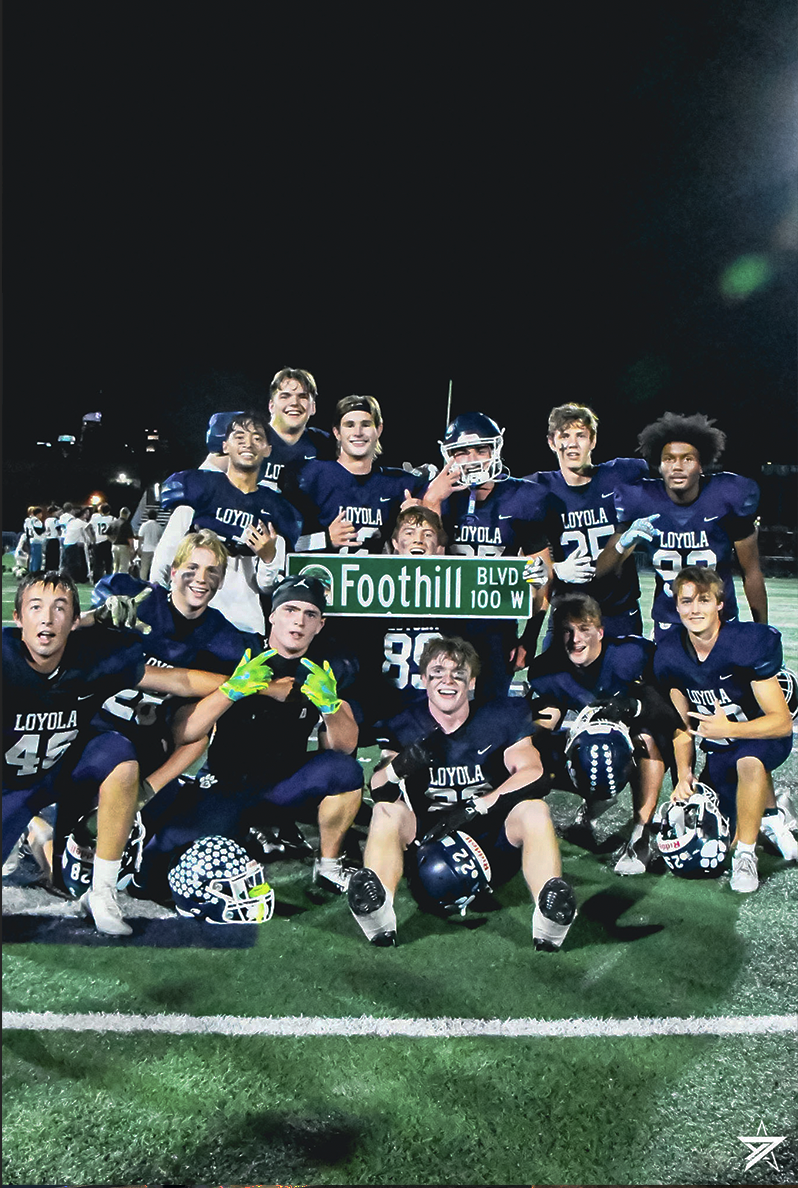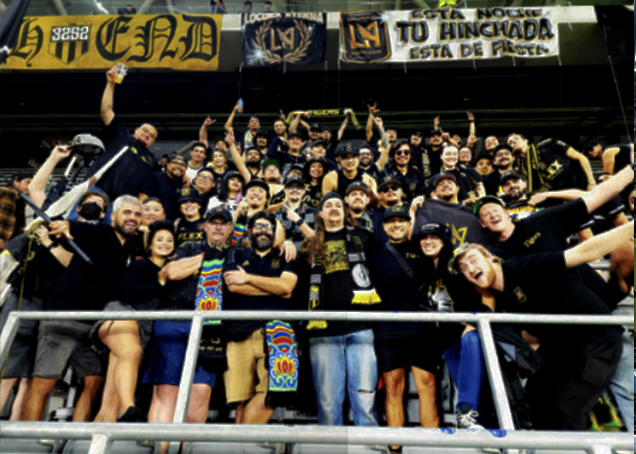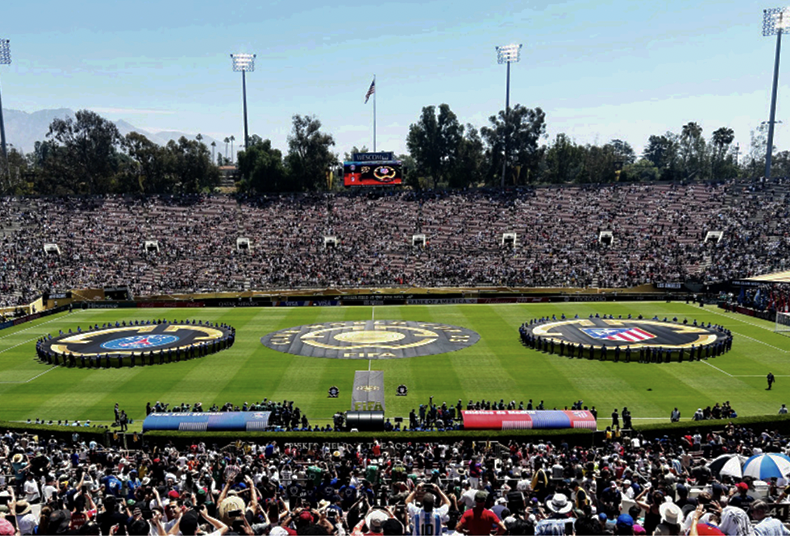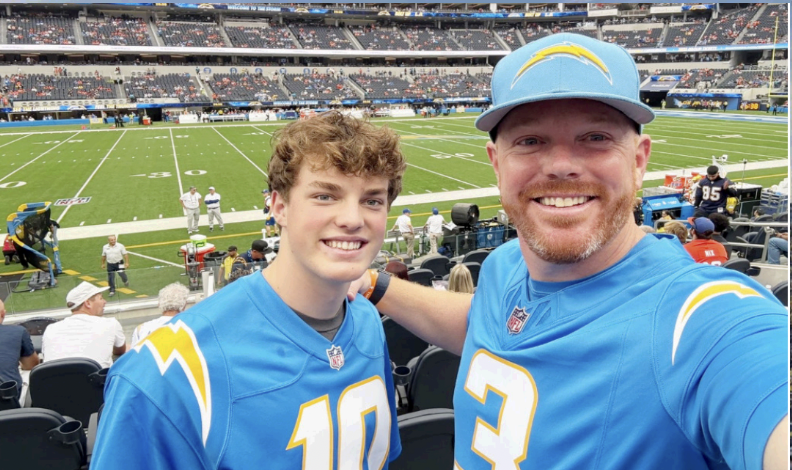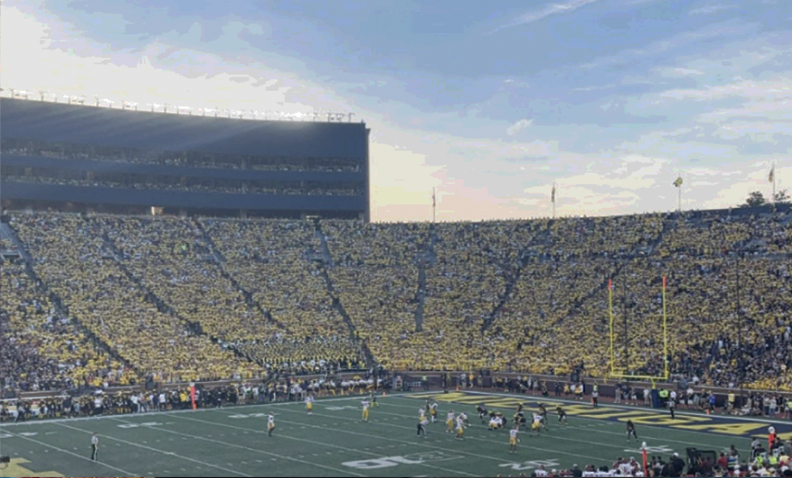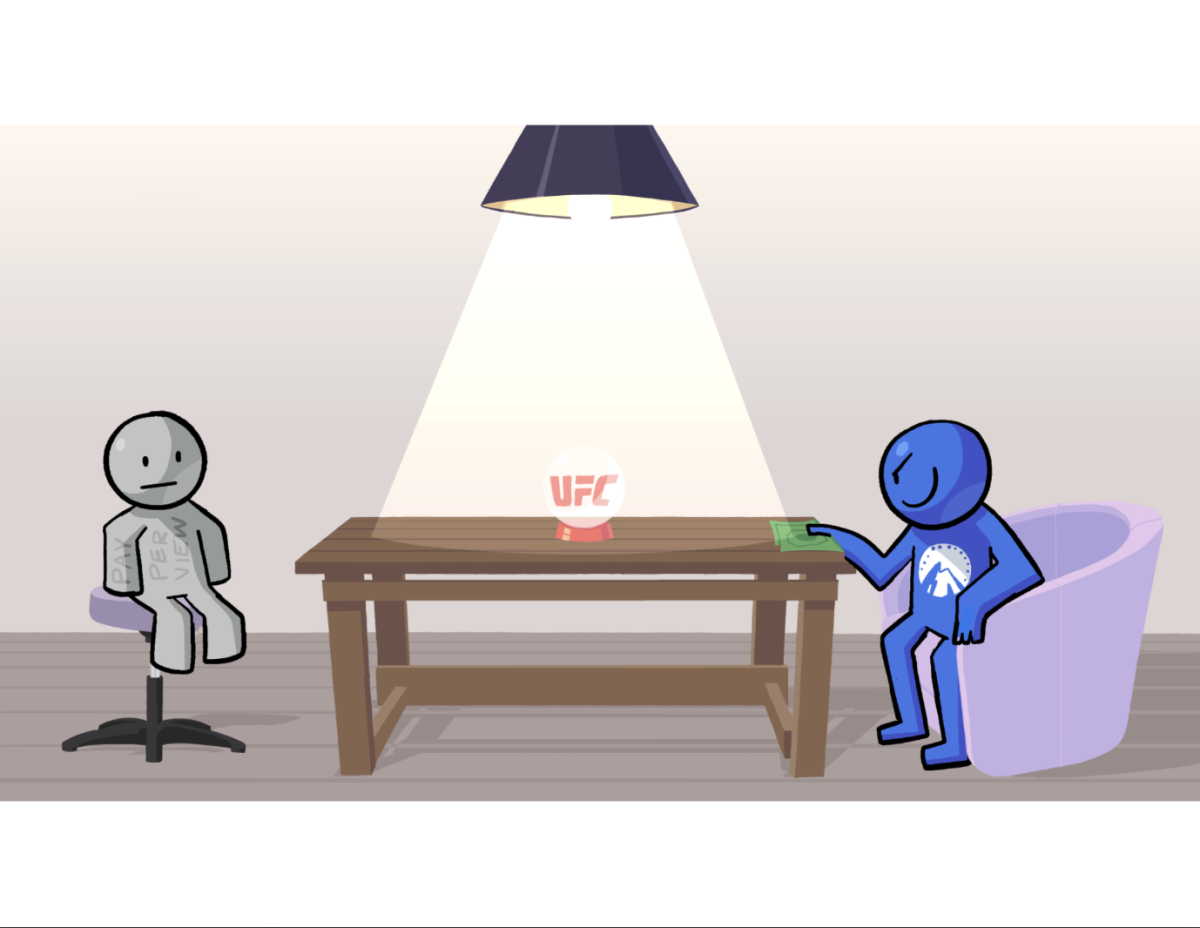On Thursday, Nov. 19, Loyola premiered its Cub Year Two Program during the after school Cura Period. CY Coordinator Kaitlin Pardo was appointed to pioneer these grade-level designated sessions. CY2 was created to educate the sophomore class on the pressing topic of race in America.
Cub Year Two comes in a sequence of Loyola’s CY programming. The intention is to eventually have a program for every single grade level at Loyola. The CY staff has already developed and launched CY1 and CY2.
Pardo explained, “We developed a program called CY1 over the summer. That summer program is an orientation, but really, it’s an opportunity for students to get to know Loyola and get to know where they fit into the Loyola story. We revamped our orientation experience, and now we’ve got Cub Year One that happens to coincide with Cub Year Two, which emphasizes anti-racism.”
CY2 sessions are set to occur monthly on Zoom and continue until May for a total of seven sessions. This program has been designed not only in response to current events pertaining to race but also in response to our call to justice as people of Ignatian identity.
Pardo said, “If we consider not only the events that have happened quite recently but also just the history of our country, we need to do better when it comes to having conversations about race and understanding the call as a Jesuit school—as a school that is steeped in Ignatian beliefs—to actually start being anti-racist.”
Theology teachers Cheryl Truong and James Crofut, additional coordinators for the CY2 program, helped put together the curriculum, hire facilitators, run training sessions, and launch a curriculum team. The curriculum team decides the content that will be presented in each class.
Chemistry teacher Edward Hairston, a member of the curriculum team, explained, “The CY2 program will engage in uncomfortable, difficult and eye-opening conversations regarding racism, non-racist vs. anti-racist, privilege and implicit bias, institutional racism, social justice advocacy and action. The curriculum starts with revealing the complexity of the very term racism, then grows to shine a light on racism via privilege and biases in our country and finally ends with a call to all Cubs to be true agents of change.”
Loyola has purchased an online educational resource from a Catholic publisher called St. Mary’s Press. This tool will be used in conjunction with other sources of teaching to guide the sophomores on their journey to understanding racism.
Director of Equity and Inclusion Jamal Adams explained, “Our thought was that we wanted to supplement the St. Mary’s Press course to illuminate some specific and key targeted ideas with CY2. We really wanted to live up to our Ignatian foundation, which is to have an opportunity to reflect and to talk and to contemplate this topic, rather than just experience the pure curriculum.”
Part of the CY2 program is also geared towards students that desire knowledge and seek more opportunities concerning anti-racism.
Adams added, “CY2 will hopefully be a really holistic and robust experience. We’re hoping that there will be a number of sophomores that would then want to be part of some of the summer programs that we do, which would be helpful in the Center of Service and Justice, the Office for Equity and Inclusion and beyond on our campus. We’re hoping this is step one in an experience in which many students would want to continue to grow their skillsets, their wisdom, and their understanding.”
Those who created the Cub Year Two program are optimistic that the valuable knowledge offered in the course will have a profound impact on Loyola sophomores and the Loyola community as a whole.
Pardo said, “The end goal really is for institutional change. It’s for you as individuals—the sophomores—to be so impassioned by what’s going on in these conversations that there is not only a change within self but, even more importantly, an institutional change—that you feel empowered to do something more than just talk-the-talk. We want to see that you use your power and that you make this world, our country, our school or whichever places you touch so that they benefit everybody and liberate people to be exactly who they are.”

